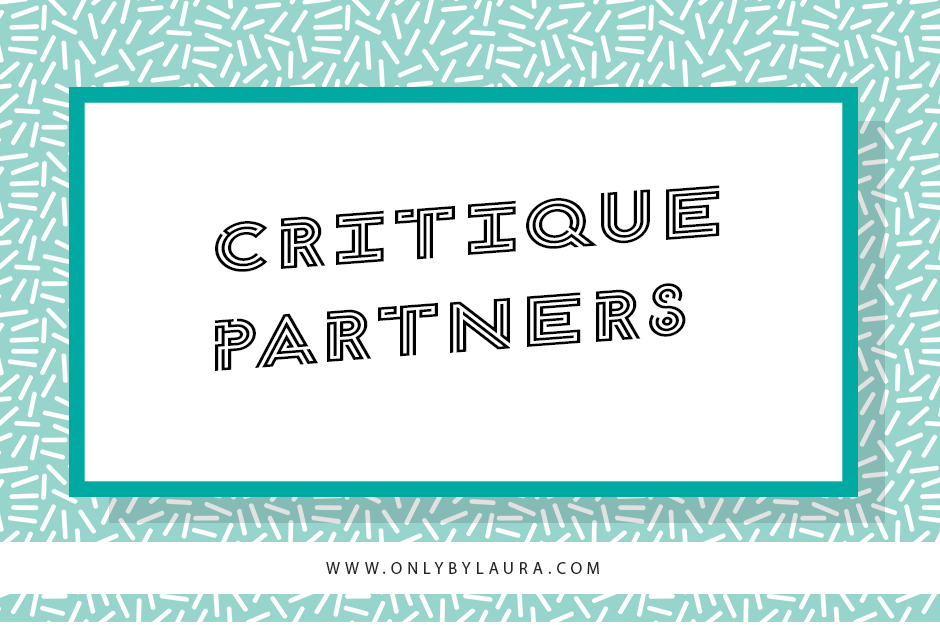
I’ve raved about the importance of finding the right CPs and beta readers before, and I’ll say this again. It’s really important to keep this in mind.
NOT ALL FEEDBACK WILL BE RIGHT FOR YOUR BOOK.
Repeat with me: NOT ALL FEEDBACK WILL BE RIGHT FOR YOUR BOOK.
This is really important to remember. I received a lot of feedback from Pitch Wars, and although some of it was useful, others… not so much. It’s a little disheartening as a writer to receive critique, especially because we put so much work in our beloved manuscripts. But feedback is really important when it comes to writing, mostly because it’s usually how you can improve your book. You can’t know what’s wrong with it if other people don’t tell you about it.
It’s really hard figuring out which feedback you should take it to heart and which you should ignore. Like many things in writing, it isn’t easy to separate what’s good from bad, especially when it’s something so personal. So with this in mind, I decided to write a little guide on how I decide which feedback is a good fit for my work, and what gets left out when I make a revision.
- Read your feedback when you’re calm. This is very important. If you’re feeling stressed or have had a tough day, let your feedback sit in your inbox. It’s very hard to think about it when you don’t feel good enough to really think on how you could improve your work.
- Let it sit for a few days. I never deal with the feedback I receive immediately. I usually wait three or four days to go back to it, letting it sit in the back of my mind as I figure out what is good or what isn’t.
- See if it’s personal. A lot of feedback is personal. A lot. Some along the lines of “I don’t like this character” or “I don’t think the story should go this way”. This isn’t really constructive feedback, so it’s easier to ignore.
- Focus on what you saw previously. Are the feedback you receive similar to others? What do they have in common? For me, personally, I already know which things are bothering me on a draft. So when my feedback comes back, it usually matches what I personally thought about the book.
- Make a list. I usually make a list of all the feedback I receive, and then cross out the items I don’t agree with/don’t think are going to work with the story. This helps me visualize the story as a whole, and what I think I can change to make it better.
After I make a list, I’m left with all the feedback which I think can be useful, and then I start figuring out how I’m going to fit into a revision. One of the other things that help is talking to a trusted CP about it – I have some of the best CPs ever, so when I’m wondering about a critique I received I go to them, and they help me break it down into what could be useful for my book. Or sometimes the gleeful ‘nah just ignore it!’
Especially for writing competitions, that can be hard. Mentors are supposed to know what’s best for your book (they’re published, right? They know everything in the world!) but honestly, they’re just people as well. What may sit well with me won’t sit well with other people, and some of my favorite books are hated by my best friends. It’s really a matter of opinion, and sometimes, not even a mentor can visualize what’s best for you, your career, or your book.
Remember that when you receive feedback. Writing and reading are extremely personal things, so it isn’t a problem if you take all feedback with a pinch of salt. Remember, that in the end, the person who is going to make your book better is you. You are the writer, and in the end, only you can decide what’s best for your manuscript.
How do you sort your own feedback? Do you like to make a list too? Tell me more in the comments!
